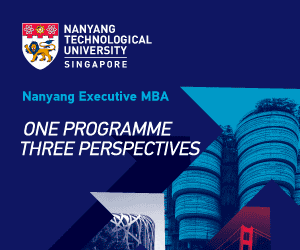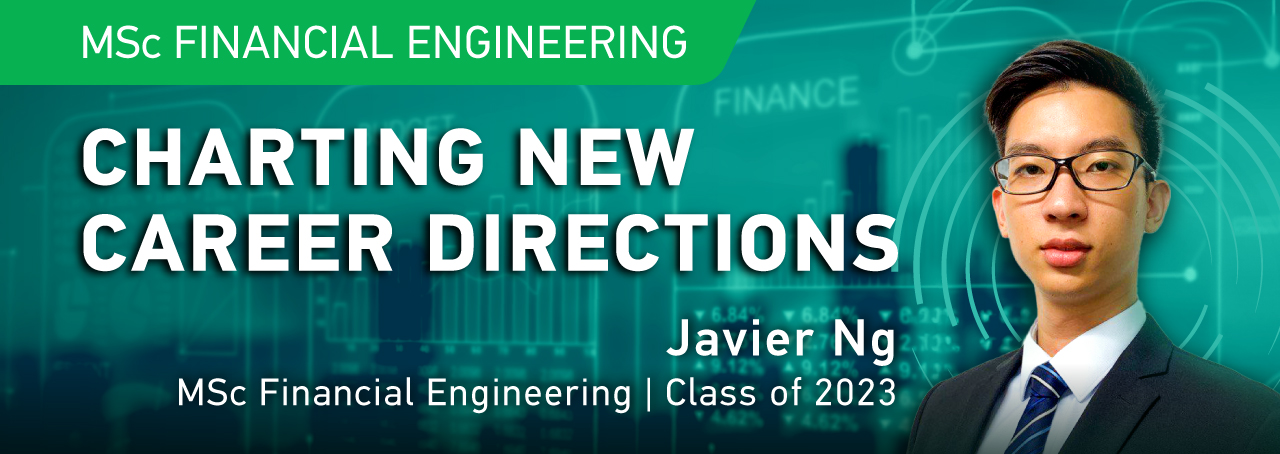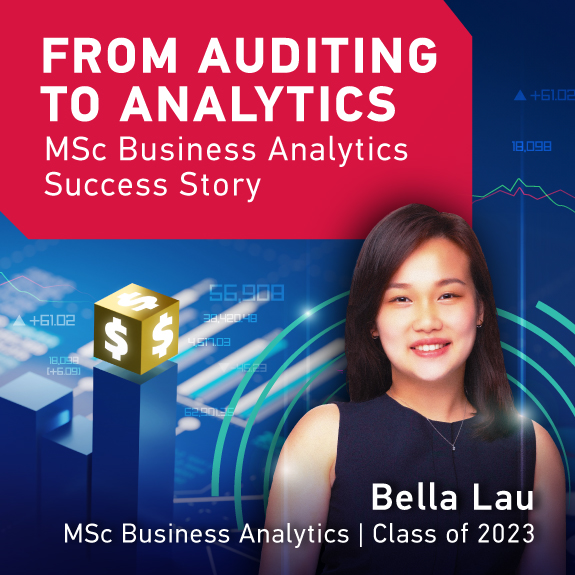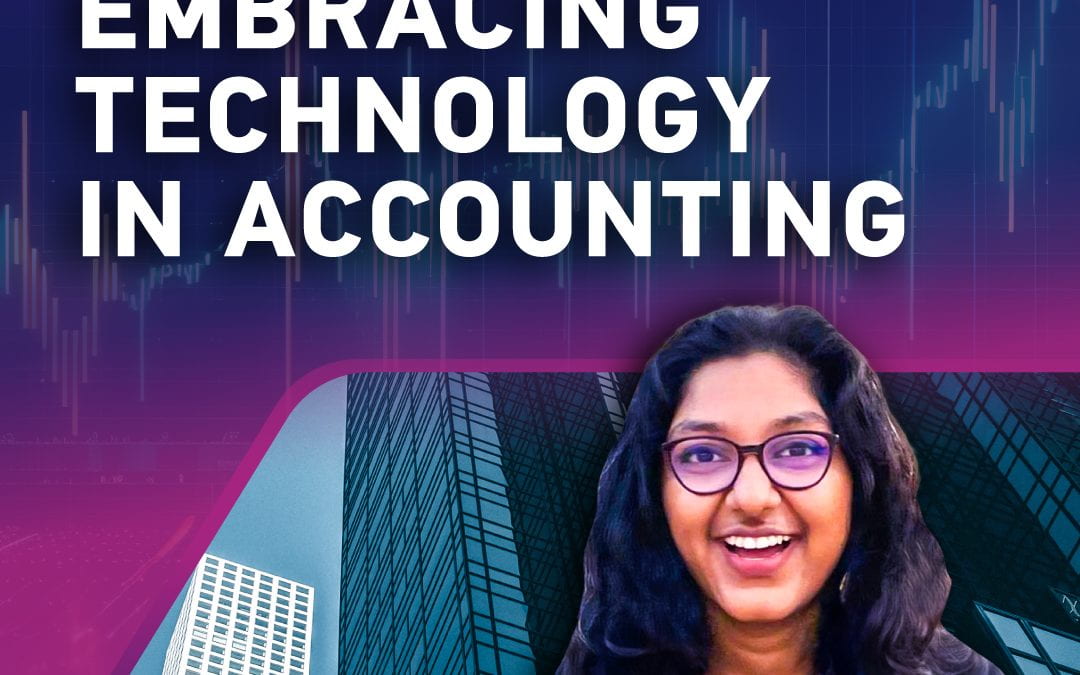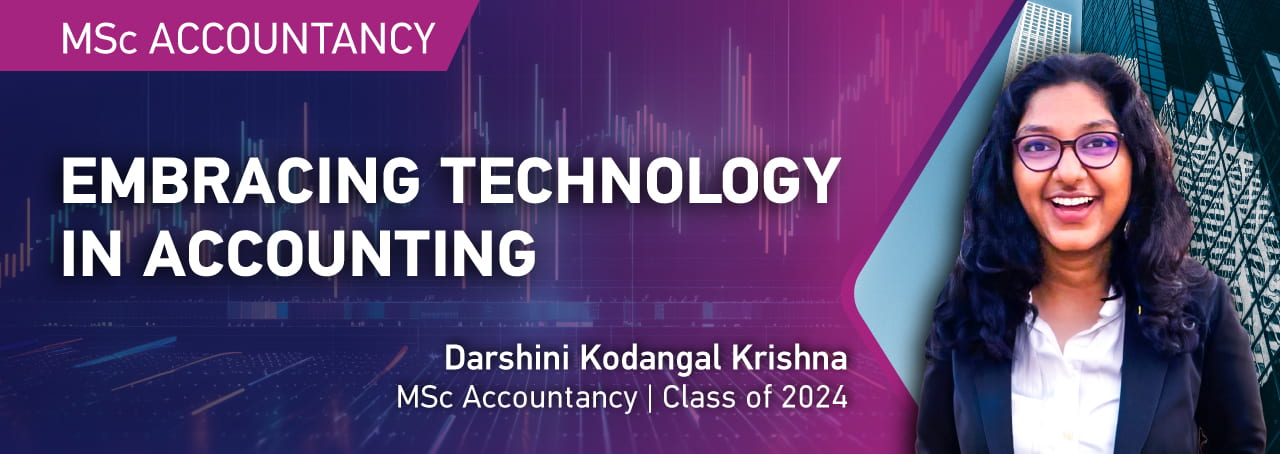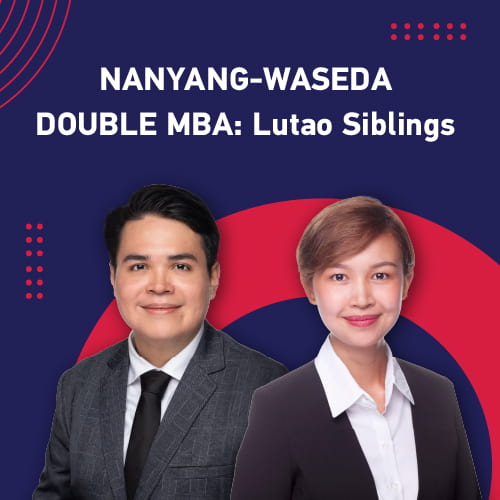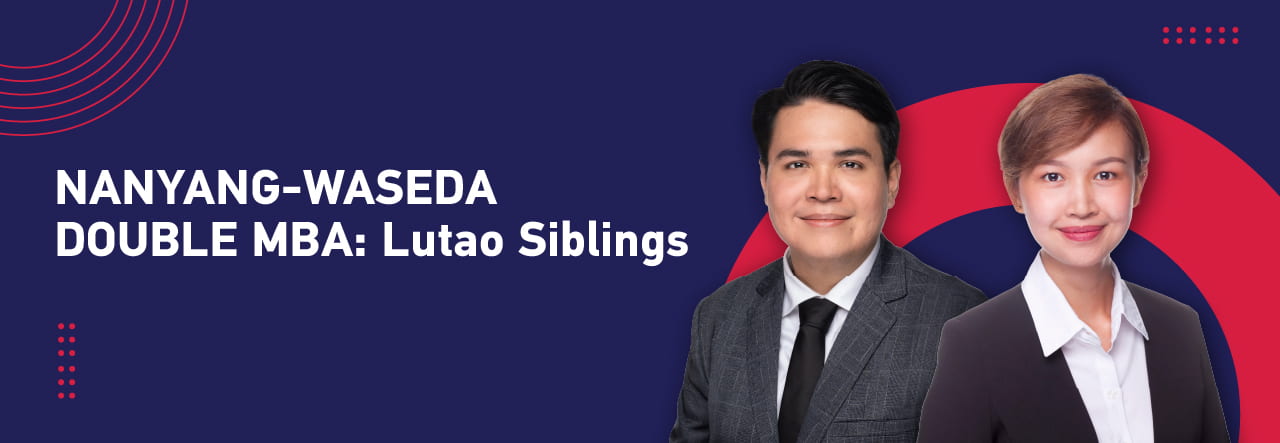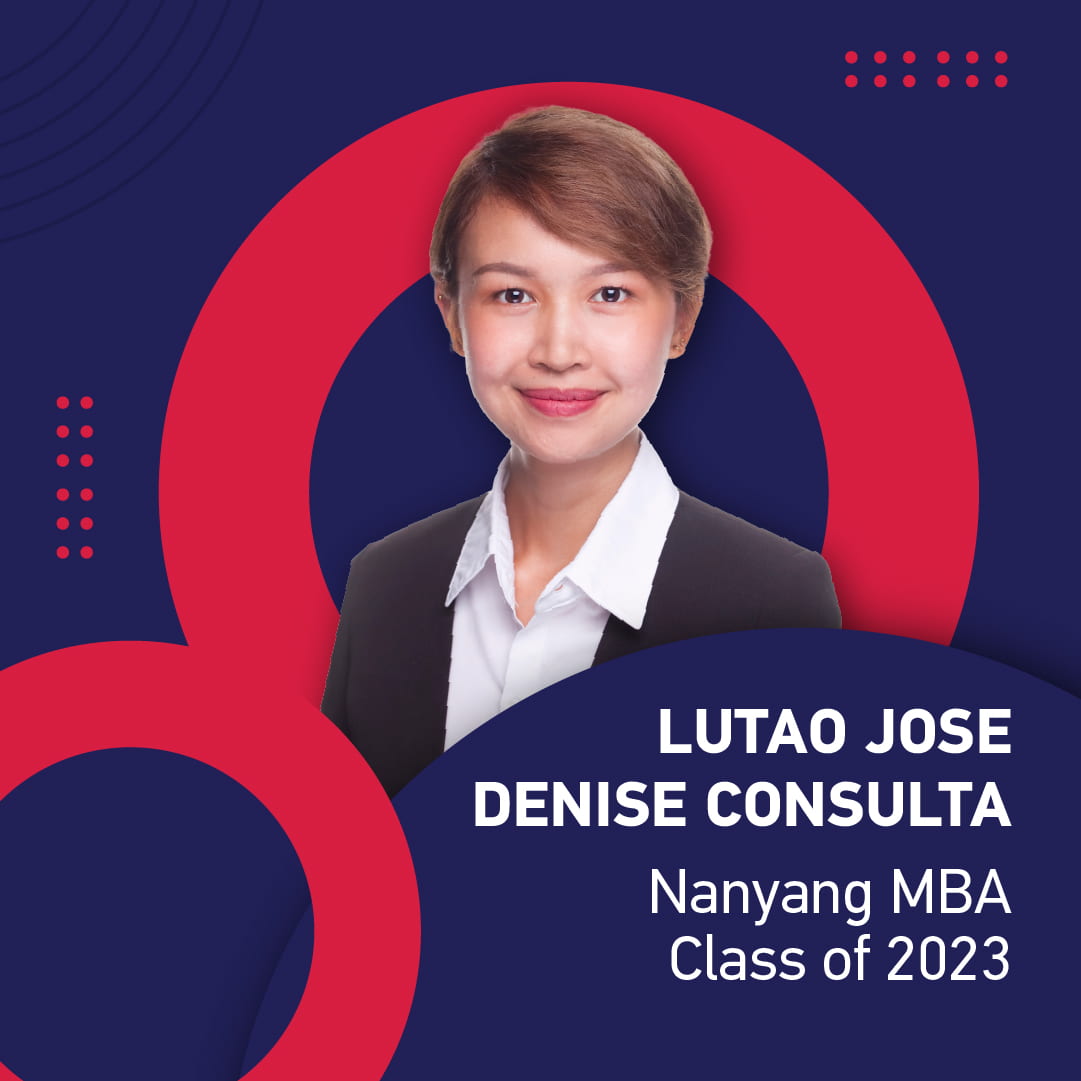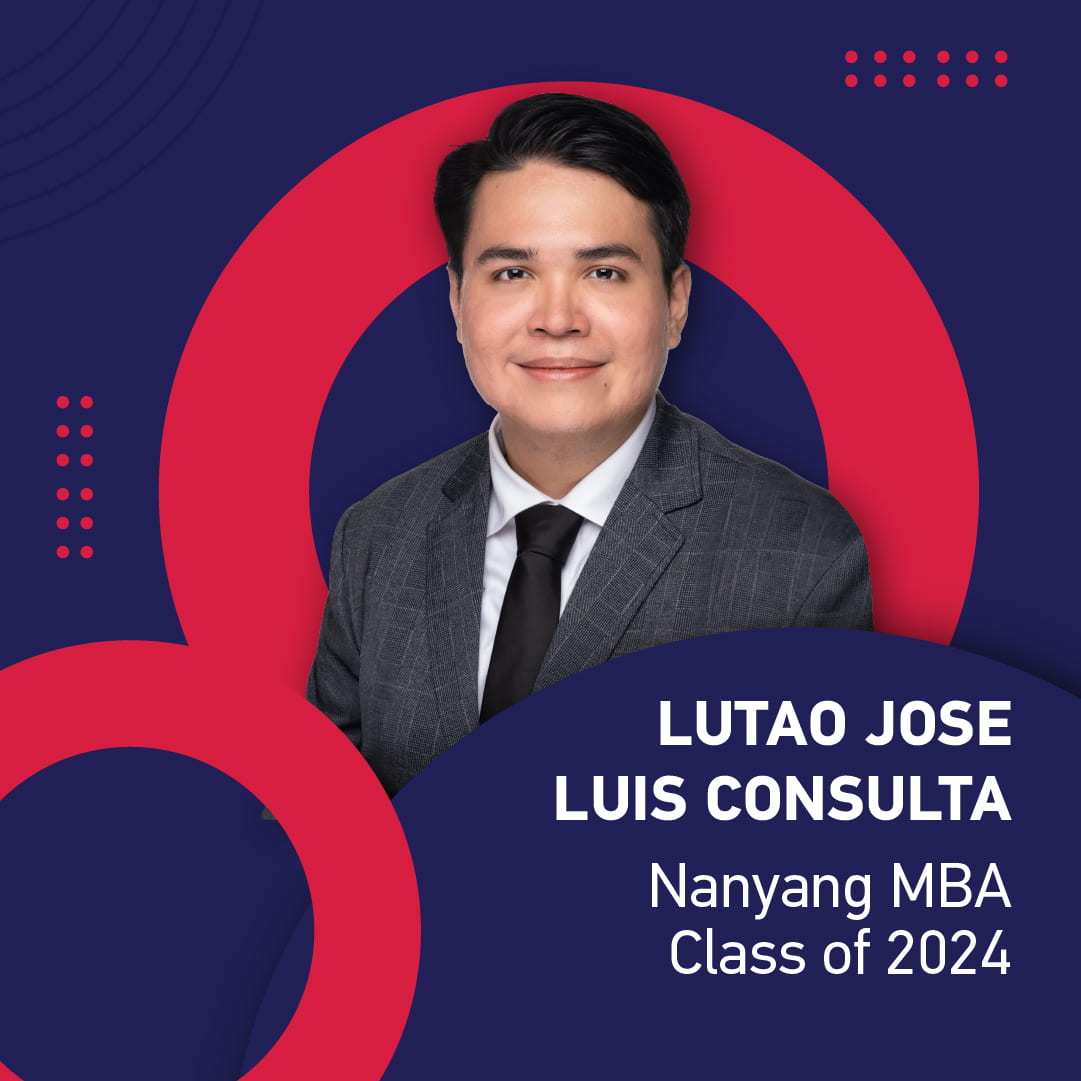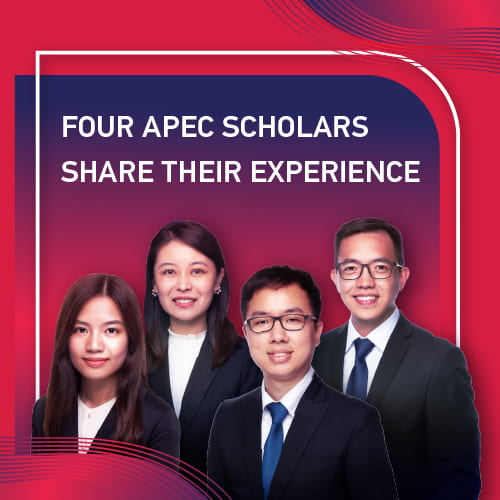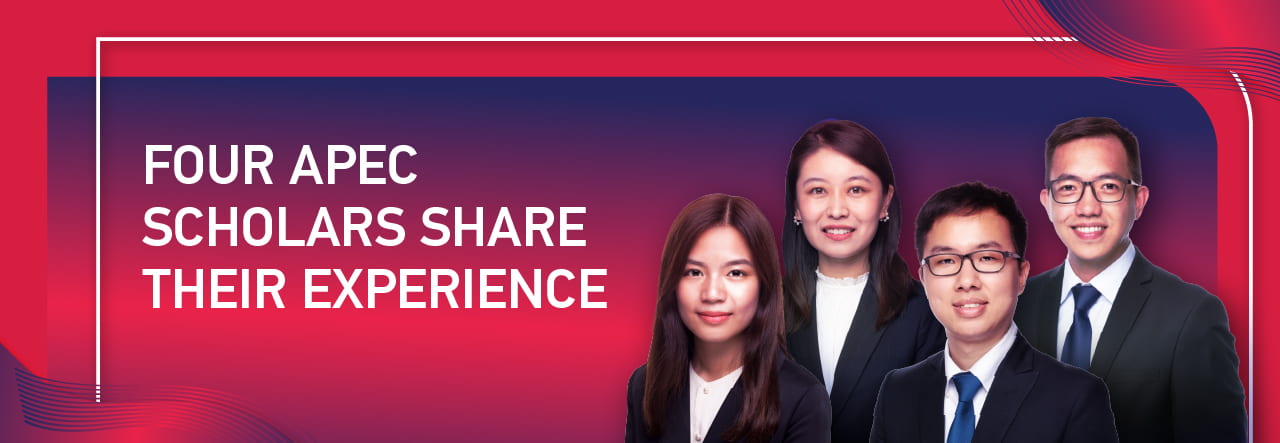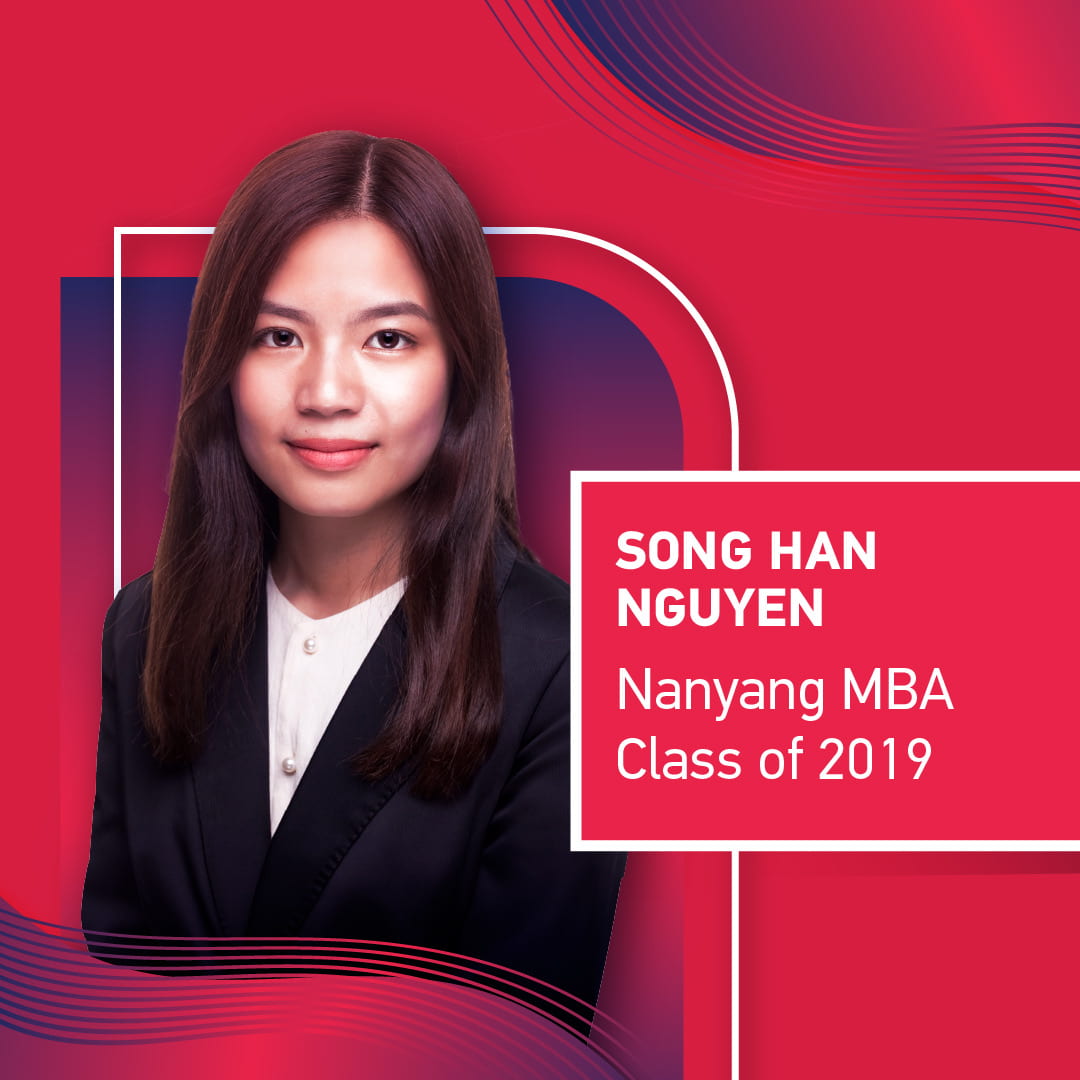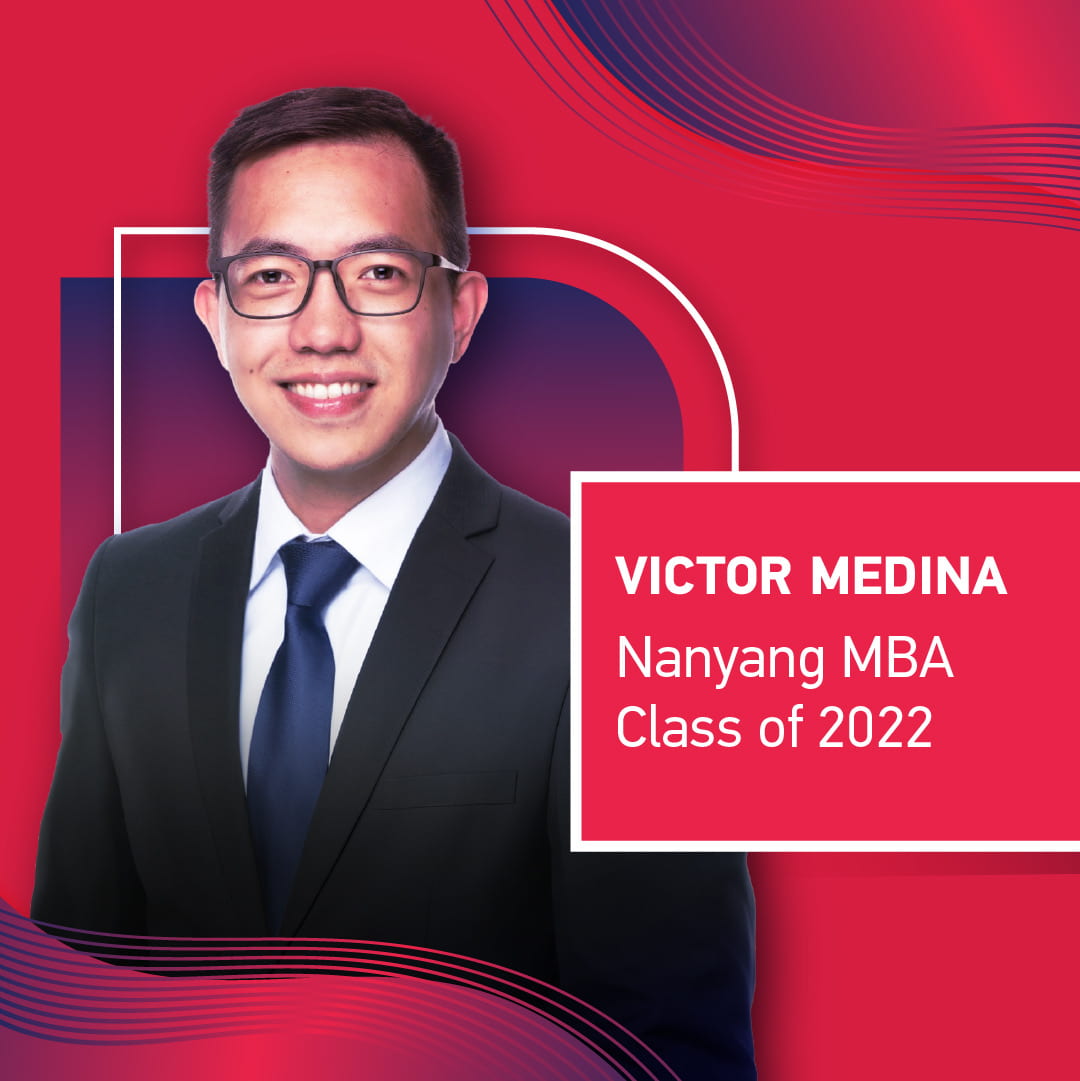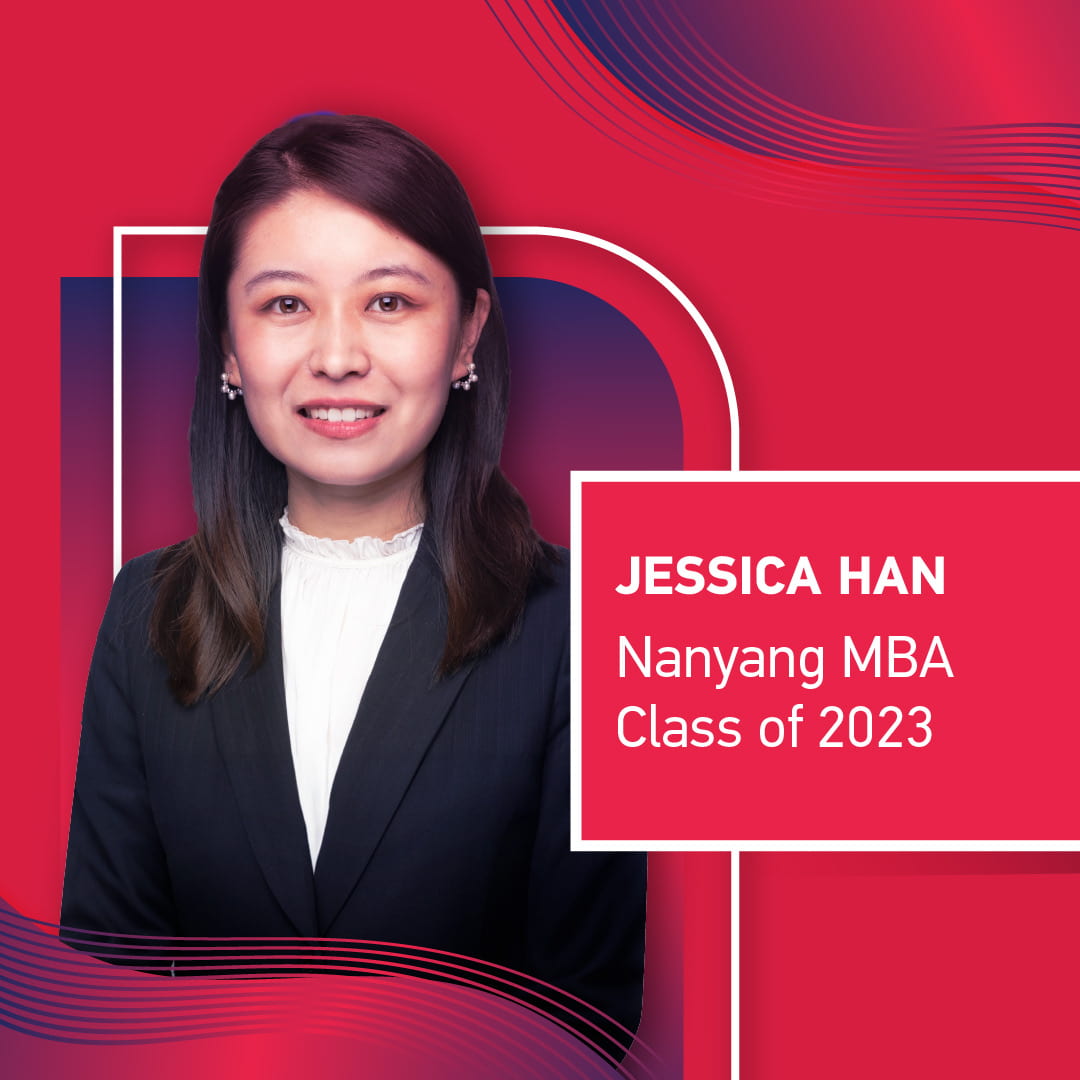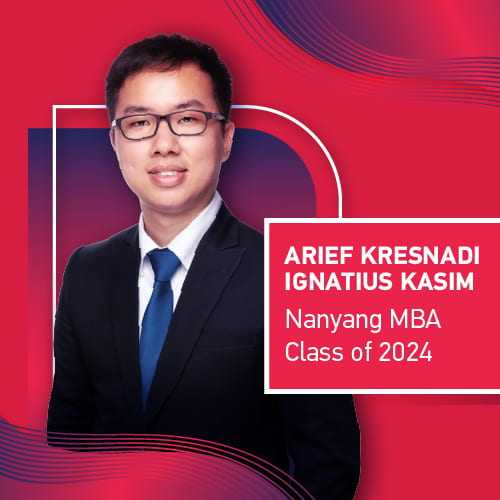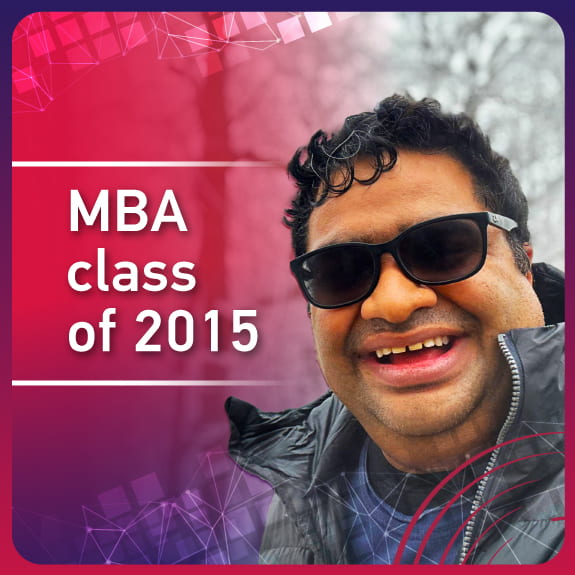
How case competitions prepare Nanyang MBA graduates for the real world
Graduate Studies Blog
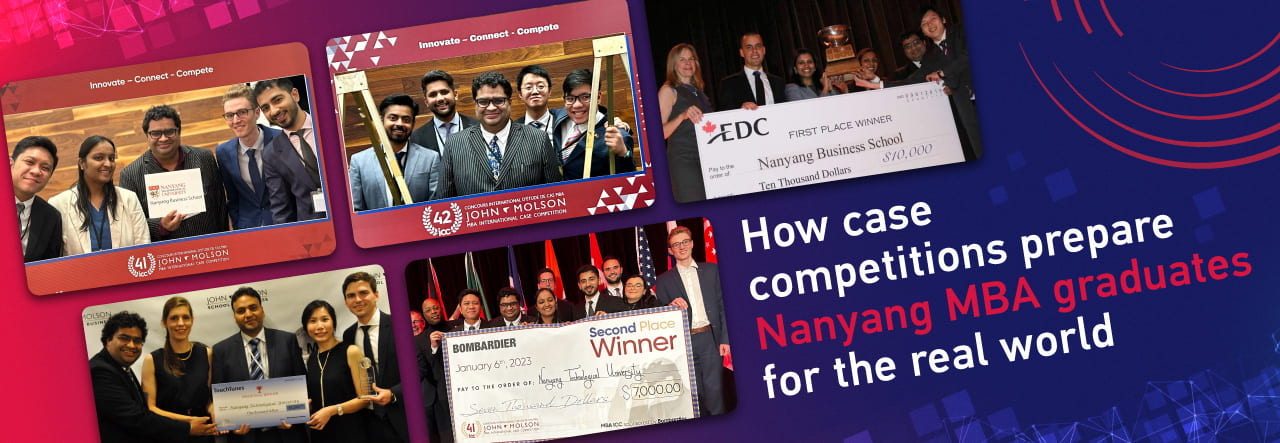
Nanyang MBA
How case competitions prepare Nanyang MBA graduates for the real world
For many MBA participants at Nanyang Business School (NBS), joining case competitions has become a serious aspiration, if not an outright obsession.
In case competitions, MBA participants confront real-world cases that need to be solved quickly, providing experience that simulates their future as high-level executives or consultants. Case competitions put Nanyang MBA participants’ fast thinking, innovation, and creativity to the test—honing their capabilities for their post-MBA careers.
The most ambitious Nanyang MBA participants aspire to compete in the “Olympics” of global case competitions—the John Molson MBA International Case Competition.
For one week in January, top MBA participants from leading business schools meet at the John Molson School of Business at Concordia University in Montreal, Canada, to compete against each other in solving complex, real-world business cases under time pressure.
Nanyang MBA has been participating in Molson since 2009 and has achieved a surprisingly high winning record at the competition, in part due to its forward-thinking interdisciplinary curriculum and its volunteer alumni coaches—led today by Molson 2014 semi-finalist and present-day head coach Akshay Regulagedda.
Understanding the importance of case competitions
Why put all this effort into sending Nanyang MBA participants to global case competitions?
Aside from the prospects of winning, it is also an excellent platform for MBA participants to put their academic learning into practice, sharpen their analytical skills, and exercise their agility by competing against the best of the best. It is a great training ground to prepare for the high-stakes and high-pressure world of executive board rooms.
In case competitions, teams of two or more individuals go head-to-head to develop the best solution to a business-related case study within an allocated time frame. The teams then present these solutions to a panel of judges. The Molson case competition amps up the ante with its tournament format, narrowing down the top teams to those that make it to the final round.
“Unlike other case competitions, [Molson] business cases are given only at a designated time,” shares Akshay. “The teams have a limited time to read through the documentation, understand what’s happening, come up with recommendations, prepare their slides, and present them to a panel of judges.”
The intense and fast-paced nature of the Molson case competition is the ultimate test of grace under pressure—testing the participants’ critical thinking abilities, decision-making skills, and teamwork under significant time constraints.
From Molson participant to coach

Akshay Regulagedda has been a regular fixture in these global case competitions. From participating when he was pursuing his MBA in 2014, Akshay has been coaching Molson teams since 2015, starting as an assistant coach under longtime coach Professor Vijay Sethi, and rising to full coach status afterward.
Dr Sethi teaches IT, e-Business, and technological entrepreneurship classes for the Nanyang MBA programme and has long coached teams for various international case competition teams hailing from NBS.
In 2014, Akshay wasn’t sure if he wanted to compete at first. “I originally wanted to do a business plan competition, but through Dr Sethi’s introductory presentation, I figured case competitions were a great way to improve my presentation skills,” he shares. “I was lucky to represent the school—it was a highlight of my MBA career back then.” In 2014, the team made it to the semi-finals, coming within a whisker of reaching the finals.
When Akshay returned to Singapore after his exchange semester in 2015, Dr Sethi asked him if he wanted to accompany that year’s Molson team to Montreal. “Dr Sethi felt that somebody who has participated in the competition would be in a good position to coach the team,” he recalls.
In 2015, he assisted Dr Sethi in coaching Nanyang MBA participants to the first Asian victory at Molson since it expanded into a global case competition in 1992. “In many ways, this was a great way to give back to the university, and it just so happened that we won,” he shares. They repeated this victory in 2019 and clinched third and second place in 2020 and 2023 respectively.
The coaching process
Since then, Akshay has been coaching Nanyang MBA’s Molson teams. “I treat coaching both as a hobby and a form of continuous learning similar to attending part-time courses,” he says. As he is also the principal data strategist for Singapore Airlines, he can only devote after-office hours and weekend afternoons to coaching.
“I put a high premium on productivity—every minute counts. We have a precise coaching schedule, with clear learning objectives that we all decide on well in advance,” he shares, which is also a good training for the time-based case competitions at Molson.
For Akshay, the “Nanyang Way” of preparing for Molson involves fostering a growth mindset and cultural intelligence. When conducting a “blind test” for potential Molson participants, he typically looks for an aptitude for learning from one’s wins and losses, and the ability to work with people from different backgrounds. “Every team is different,” he says.
Preparing for case competitions also galvanises Nanyang MBA alumni, who still embody the Molson spirit and jump at the chance to evaluate and coach participants. “Because our alumni cohort is so diverse, this exponentially enhances the feedback teams get during coaching sessions,” shares Akshay.
All the training sessions for Molson are worth it, as the benefits carry through to the participants’ post-MBA careers.
For one, it hones fluency in both public speaking and creating compelling slides in a short time. “Once you pick these skills up, they are yours for life,” quips Akshay. Also, the time limit trains participants to get to the root of a problem quickly, while the presentation to a panel of judges builds awareness on convincing senior leadership to buy into creative solutions, he adds.
A rigorous MBA programme built for the real world
Beyond the prestige of victory, winning at global case competitions, like Molson, is a testament to how Nanyang Business School’s forward-thinking MBA programme prepares its graduates for the complex business problems of the real world.
Building on the strengths of NTU Singapore, one of Asia’s leading and most comprehensive research-intensive universities, the Nanyang MBA programme marries rigorous academic theory with real-world business practices. This combination provides enriching opportunities for interdisciplinary study and cultural intelligence.
Do you want to experience the thrill of participating in global case competitions like Molson? Apply to the Nanyang MBA programme today. We are also accepting scholarship applications. Visit our website to learn more.
The Nanyang MBA is a flexible 12-month or 18-month programme designed to fuel your growth into a future-ready leader equipped with the skills needed to excel in a global, digital environment. The programme aims to develop impactful, culturally adept leaders who embrace the connection between business, technology, and innovation to excel in global environments and adapt to each new wave of digital change.



